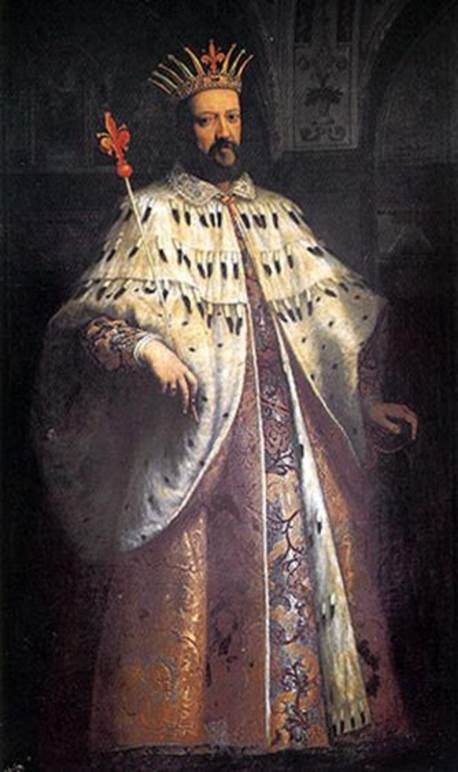Nobel Prize-Winning Economist: We’re Headed for Oligarchy
Nobel Prize-Winning Economist: We’re Headed for Oligarchy
Robert Solow on powerful families’ threat to democratic institutions.
Medici rule. Those were the days. Wikimedia Commons
Apr 25, 2014
In a recent interview at the Economic Policy Institute, Nobel Prize-Winning economist and MIT professor Robert Solow riffed on the political effects of increasing inequality and concentration of wealth at the very top. "If that kind of concentration of wealth continues, then we get to be more and more an oligarchical country, a country that’s run from the top," he said.
Solow’s sentiments echo a point he made earlier this week in his review of Thomas Piketty’s book in The New Republic. (Solow, it should be noted, is not the only Nobel Prize-winning economist to use the o-word in discussing Piketty’s work.) Having examined and explained the trends Piketty identifies, Solow turns his attention to the possible measures that could be taken to ameliorate the inequality, and rejigger the system to favor merit over inheritance. Piketty, Solow says, favors an annual, global progressive tax on wealth, such that the benefits of a growing economy could be more widely felt.
This is a proposal that Solow cheers. But there is one problem:
Piketty writes as if a tax on wealth might sometime soon have political viability in Europe, where there is already some experience with capital levies. I have no opinion about that. On this side of the Atlantic, there would seem to be no serious prospect of such an outcome. We are politically unable to preserve even an estate tax with real bite. If we could, that would be a reasonable place to start, not to mention a more steeply progressive income tax that did not favor income from capital as the current system does. But the built-in tendency for the top to outpace everyone else will not yield to minor patches.
And this is, perhaps, the most significant point. Piketty has identified the mechanism by which inequality accelerates over time (Solow calls it, simply, the “rich-get-richer dynamic"). But the consequences of that distribution are not merely economic but political: A concentration of wealth leads to a concentration of power, which in turn protects the concentration of power. That our political system is incapable of tempering Piketty’s dynamic is not a bizarre coincidence but a direct result.
"Wouldn’t it be interesting," Solow asks in his TNRreview, "if the United States were to become the land of the free, the home of the brave, and the last refuge of increasing inequality at the top (and perhaps also at the bottom)? Would that work for you?"
It’s working for some people, anyway.

